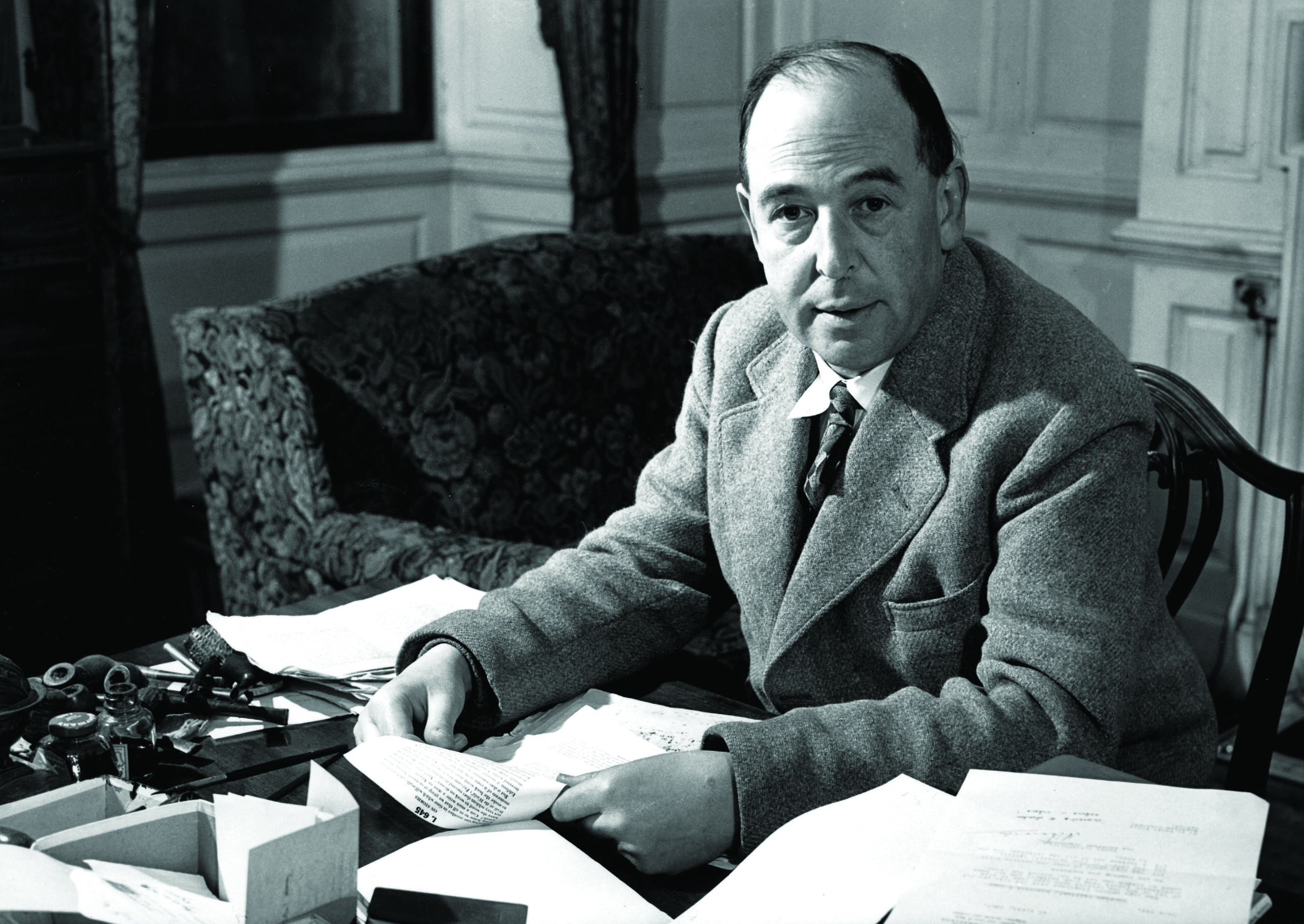The Magician’s Nephew by C.S. Lewis is being staged at the wonderful Shaw Festival in Niagara, Ont., this season. It’s the first book in the Narnia series but was written after the far more famous The Lion, the Witch, and the Wardrobe. Countless children have read the seven Narnia books, just as legions of adults have read Mere Christianity, The Screwtape Letters, The Abolition of Man, Miracles and Lewis’s other works. The movie Shadowlands, with Anthony Hopkins as Lewis, was a Hollywood triumph, three of the Narnia books have been turned into films and a fourth one, The Silver Chair, is expected late next year. In fact, the academic and author, who died in 1963, is arguably more popular and influential now than during his lifetime. But why?
Lewis’s Christianity is beautifully argued, with a pristine logic and the crisp, consistent wit one would expect from one of the finest minds of the era. But there’s also something about his image that many find appealing: the quintessential Oxford University professor, walking through the pub filled with pipe smoke, beer glasses and tweedy friends, to proclaim the Gospel to an unbelieving world.
You may unsubscribe from any of our newsletters at any time.
Still, it would be unfair to reject Lewis simply because of his popularity and because he is so beloved of those who like their Christianity certain and delivered in an English accent — indeed, Lewis was actually from Northern Ireland.
Walter Hooper was Lewis’s friend and secretary in the last months of the great author’s life. “He came to his faith via doubt, pain and even hostility,” Hooper explained, as we sat in one of Lewis’s favourite Oxford pubs. “In a way, it’s a shame that some of his devotees think he offers easy answers. Far from it.”
If Lewis demands anything of modern Christians, it’s that we think and struggle with a faith that is never easy. When his wife, Joy Davidman, died in 1960, the man who told the world about belief lost his faith in a loving God. But only for a time. In the book A Grief Observed, he writes of this experience and of how “no one ever told me that grief felt so like fear.”
Some of his writings appear a little dated to the modern reader, and his attitudes toward women at times groan in their clumsiness. But he also married a fiercely independent Jewish woman from New York, whose outspokenness was not always appreciated in postwar Oxford. It was because, not in spite, of that attitude that Lewis adored her.
Why is Lewis so popular today? Because he was clever, funny, empathetic, challenging, compelling and invincibly Christian. “I believe in Christianity as I believe that the Sun has risen, not only because I see it, but because by it I see everything else,” he wrote. Another gem: “Christianity, if false, is of no importance, and if true, of infinite importance. The only thing it cannot be is moderately important.”
The persona is attractive to some, but the writings should be crucial to all. Lewis himself never thought he would leave much of a legacy. On that he was profoundly wrong.













